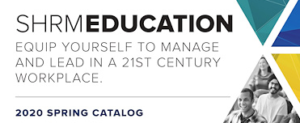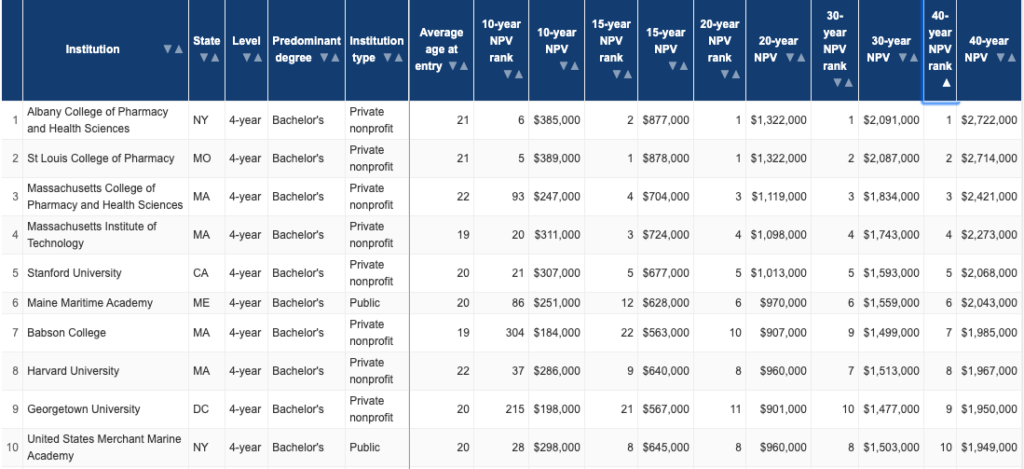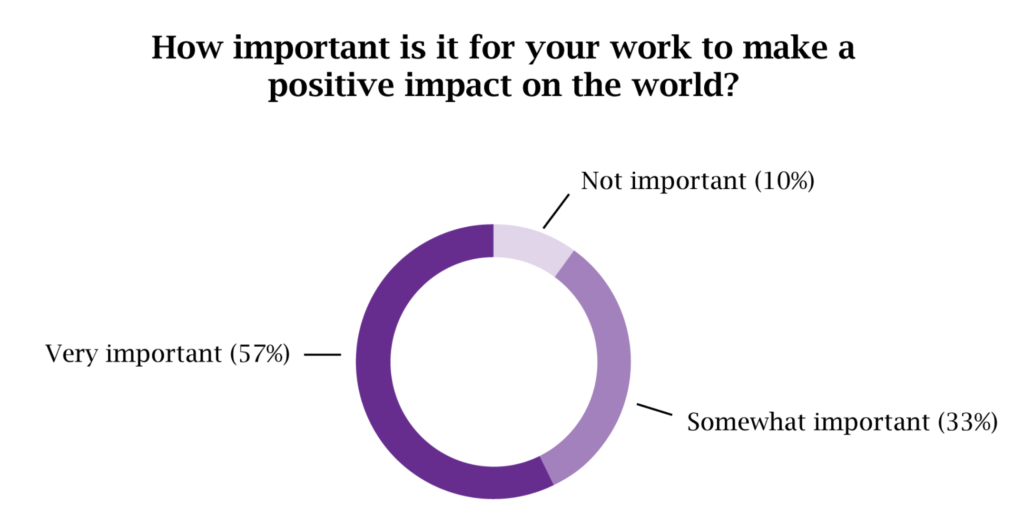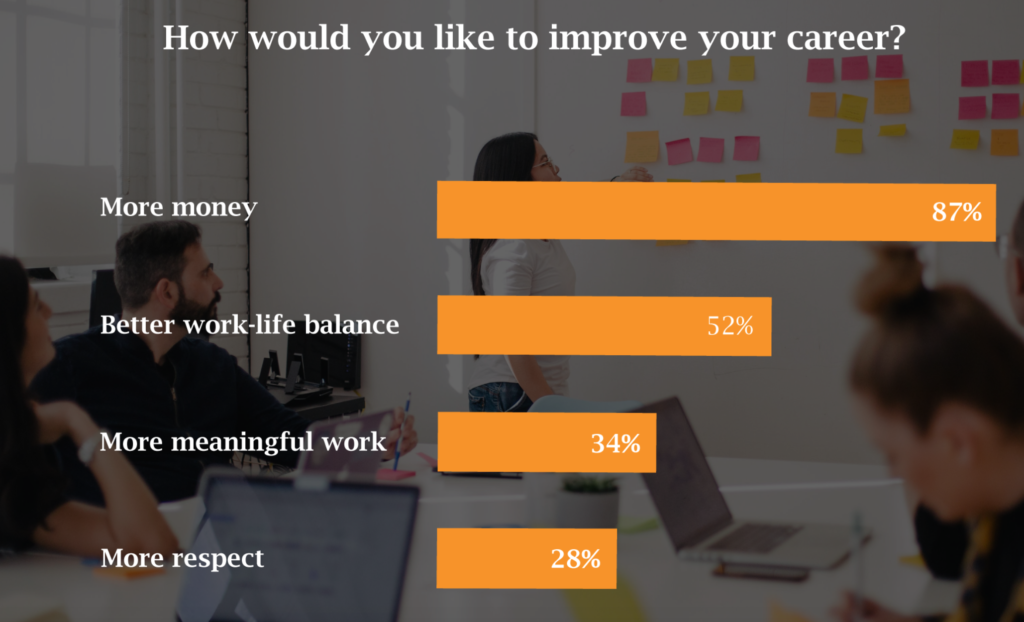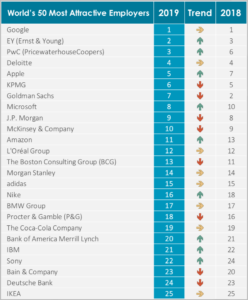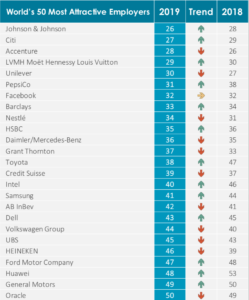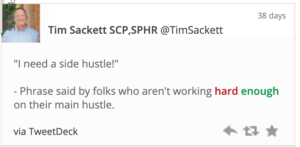Back in the height of the Great Recession (think 2008-2010), when we had double-digit national unemployment numbers. It was dark times, especially for those students who were graduating and those trying to get internships.
Most organizations in hard times cut internship programs. It’s not that they are not important to recruiting, it’s just the ROI drops as unemployment numbers rise. If you have a lot of candidates, it’s tough to spend valuable resources on interns who aren’t really adding much value, if any, to most organizations.
Internships, at its core, is mostly a one-way proposition on the front side. We hire you to get experience. We pay you. We hope you’ll come back and take one of our open jobs and in the future help us be successful. It usually works out, but it’s not a guarantee. In hard times, “not a guarantee” is a hard budget item to get approved!
During the Great Recession the idea of offering “Free Internships” was being used by many organizations and a lot of people lost their minds!
“You have to pay people for the job they do!” “All Interns should be paid fairly!”
Basically, this all went away pretty quickly because the economy took off and we got to the point where we weren’t just paying interns, we were competing for interns and developing all kinds of programs and incentives for interns because talent was so scarce.
The argument wasn’t really solved, it just disappeared because it was no longer relevant. Well, say hello to my little friend! The Free Internship concept is back! Thanks, COVID!
Let’s talk a little bit about our current internship situation!
- Most organizations have canceled internships for this summer. There will be significantly fewer internships for the summer of 2021, as compared to summer 2019
- As unemployment rises and layoffs grow, more will cancel these programs.
- New graduates who can’t find jobs, need experiences to build their resumes.
Should we offer Unpaid Internships?
YES!!! 1000% YES!!!
Now, let me explain. If you can afford to pay your interns, but be a dick and not pay them! If you can’t afford to pay interns, but you can afford to give students and graduates valuable experiences, give them those experiences!!!
I never understood the argument that you must pay interns for their time. I did student teaching as part of my undergrad degree. I worked a full semester as a teacher and I paid full tuition and never got a dollar for that work! My wife is a Physical Therapist and she did many practicums (medical internships) where she had to pay for school, work full time without pay. Many professions have this happening.
We turn a blind eye to these examples and just believe it’s part of getting that degree, but it’s truly no difference. The reality is, the experience you get, the ability to put that brand on your resume and have a professional reference is very valuable. So, working for free almost always works out for the best for those who take on those experiences and give it there all.
For the record, I have paid my interns. I will pay my interns this year. But, I can’t tell you I’ll always be able to pay interns. At that point, I have a decision to make. Not have interns, which only hurts those kids who need an internship, or have unpaid interns. I’m completely comfortable having unpaid interns, as I know the value it gives those individuals.
I’ve gotten questions recently about unpaid internships, as I hear so many people canceling their internships for this summer. “Can we have an intern work remotely and be unpaid?” Well, it’s not officially an employee, but if you want to “mentor” a student, and that student what’s your mentorship, nothing is stopping you from helping that person out!
Understand, if you aren’t going to pay someone, you get what you pay for. But, I also truly believe that a student who says, “Hey, I can give you twenty hours per week to learn the business” we have a moral obligation to help these students out in a time of crisis!
Okay, hate me in the comments – but we need to be open to Unpaid Internships!

